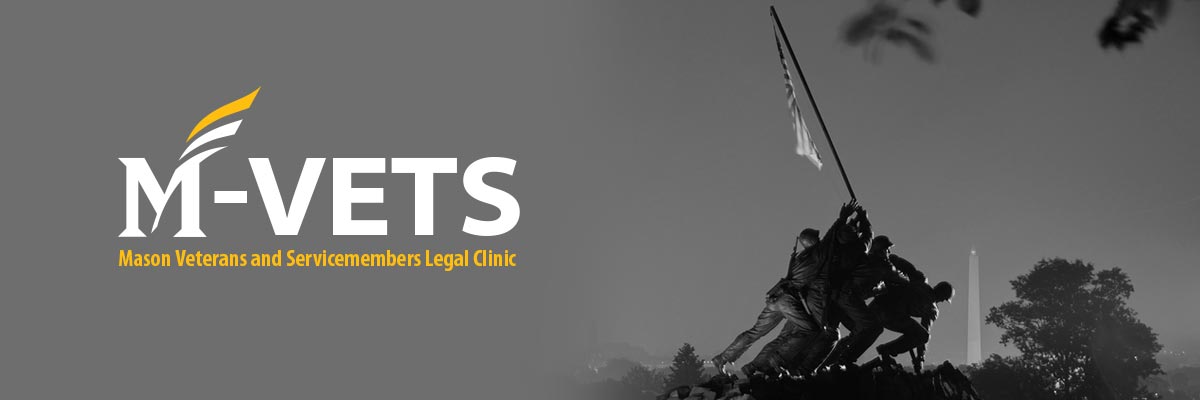Written By Fall 2020 Student Advisor Andrew Quillen.
Introduction
Multilevel Marketing companies (MLM), also called direct selling or network marketing, are businesses that create revenue by using a non-salaried workforce (“sellers”) to sell products or services directly to consumers.[i] The trick is that sellers generally pay a membership or recruitment fee, and they must purchase the inventory they will sell with their own funds. Read more
